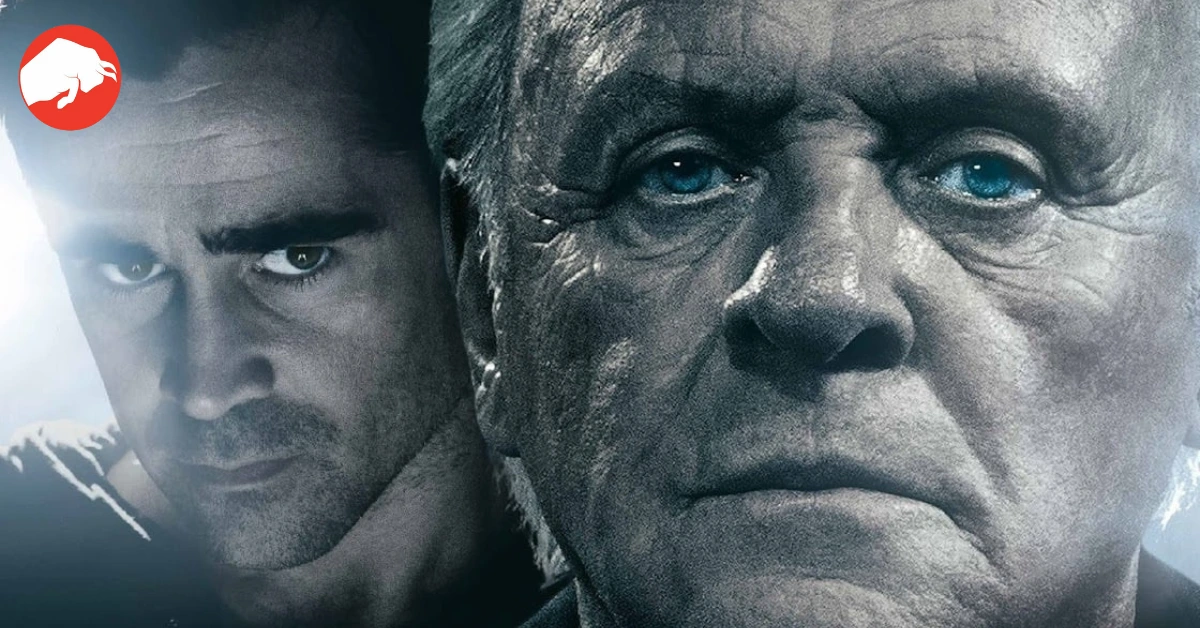“Solace” on Netflix: A Star-Studded Dive into Clairvoyance and Crime
In the vast cinematic universe of psychological thrillers, captivating the audience is the holy grail, a delicate balancing act between intrigue and predictability. Enter Netflix’s “Solace”, a film that takes its viewers on a tantalizing journey through crime, morality, and the paranormal, courtesy of an impressive ensemble cast.
A Narrative Cloaked in Mystery and Suspense
“Solace” is led by the exceptionally talented Colin Farrell, who steps into the shoes of Charles Ambrose, a character whose mysterious abilities remain central to the story’s evolution. Sharing the spotlight with Farrell is none other than Anthony Hopkins, lending his iconic gravitas to the character of John Clancy, a retired psychic doctor. This 2015 directorial venture by Afonso Poyart hinges on the spine-chilling interactions between these two clairvoyants.
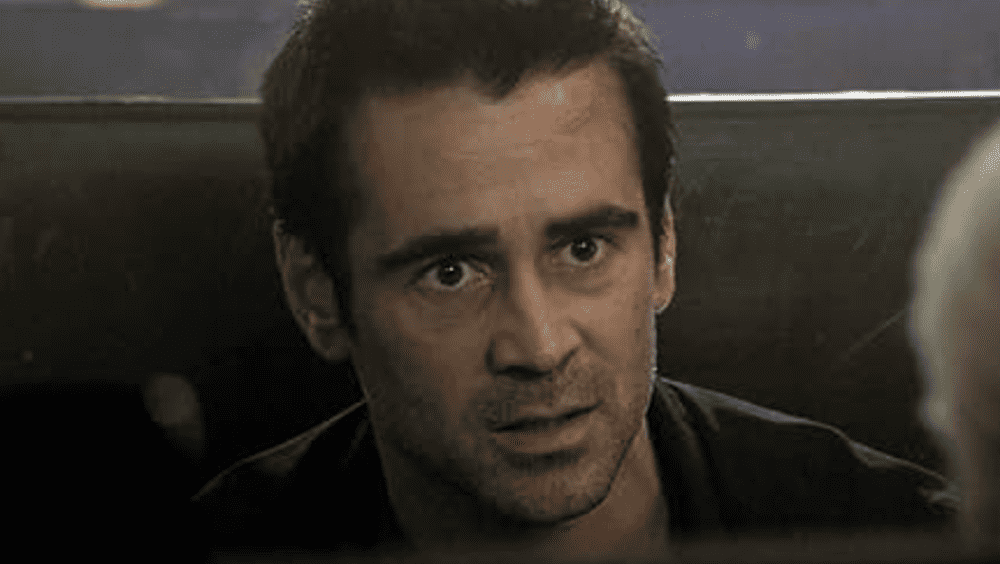
When the narrative thrusts Clancy out of his reclusion, courtesy of an invitation from FBI Special Agent Joe Merriwether (a character brought to life by Jeffrey Dean Morgan), the stage is set. The duo embarks on a mission to unravel a series of perplexing murders. As Clancy delves deeper, leveraging his psychic prowess, he stumbles upon a revelation. Their nemesis shares their extraordinary gift.
The presence of Agent Katherine Cowles, portrayed by Abbie Cornish, adds another layer to the narrative. Initially a skeptic, Cowles undergoes a transformation, reconciling with the astounding truths about the psychic phenomena as she witnesses them unfold.
Tackling Morality, Fate, and Free Will
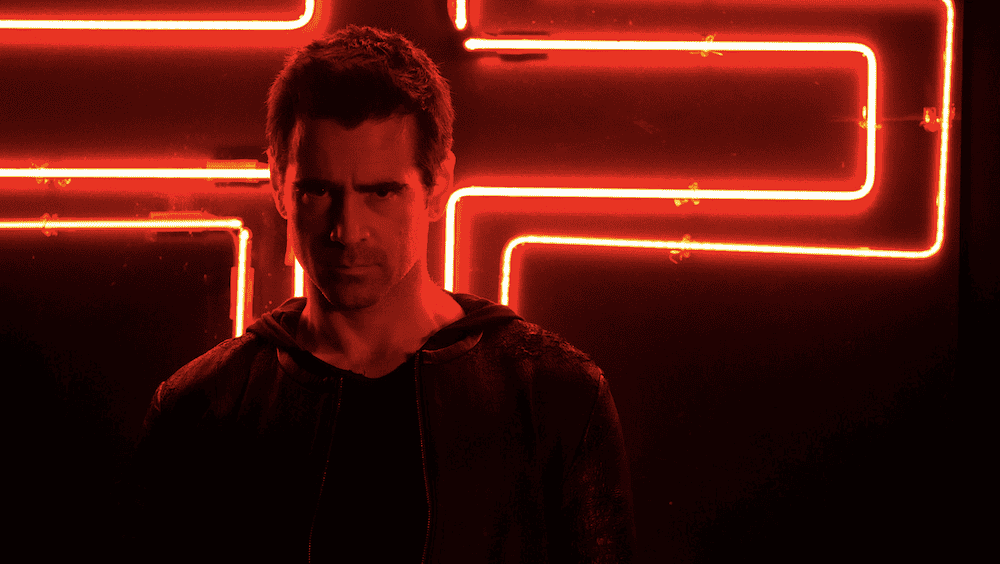
What sets “Solace” apart is its refusal to adhere strictly to the black and white. As the storyline progresses, viewers are plunged into a vortex where good and evil become almost indistinguishable. Farrell’s portrayal of Ambrose is haunting, a calm yet sinister presence that contrasts starkly with the veteran poise of Hopkins.
Their dynamic, rich in intensity and conflict, anchors the plot, culminating in a crescendo that compels the audience to question their beliefs about destiny, morality, and the overarching enigma of premonition.
Navigating Critical Crossroads
While “Solace” boasts of a narrative rife with potential, it regrettably found itself ensnared in the webs of criticism. The movie’s 24 percent score on Rotten Tomatoes is reflective of its cold reception among critics. Many felt the film borrowed heavily from the iconic psychological thrillers of the 90s, offering little in terms of novelty.
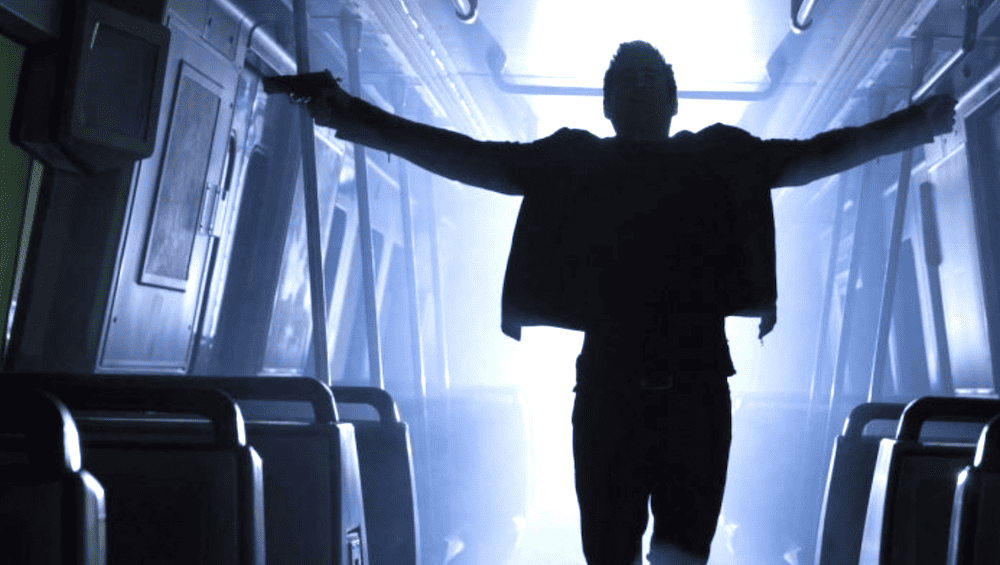
The oscillation between the genres of psychic thrillers and crime dramas left some viewers in limbo, yearning for a more defined cinematic identity. Add to that the perceived lack of depth in character arcs, and the film faced an uphill battle in forging an emotional connection with its audience.
Yet, every cloud has a silver lining. Amidst the critical avalanche, there emerged voices that lauded the palpable tension and the riveting face-off between Farrell and Hopkins. Their electrifying presence was seen by some as the film’s beacon, illuminating instances of genuine engagement.
In Retrospect: A Mixed Bag with Silver Linings
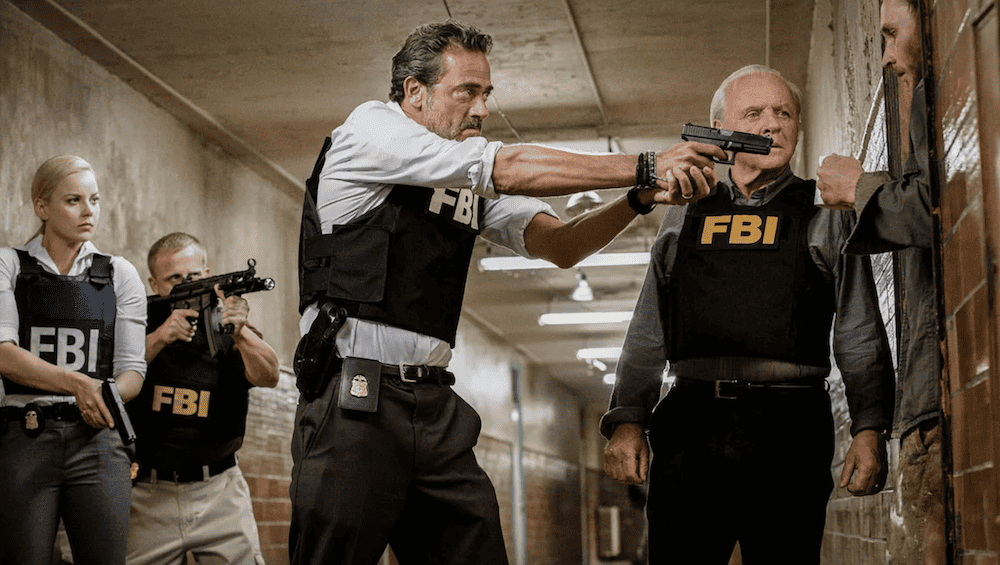
Despite the mixed reviews, “Solace” found a middling ground at the box office. Perhaps its intriguing premise and stellar cast ensured that it wasn’t dismissed outright by audiences. For all its shortcomings, “Solace” underscores the power of a compelling cast, capable of weaving magic even when navigating a labyrinthine script.
While critics may not have sung praises, the film beckons with pockets of sheer brilliance, especially for enthusiasts keen on witnessing the likes of Farrell and Hopkins in an intense cinematic duel. And for them, “Solace” could indeed be a memorable experience.


